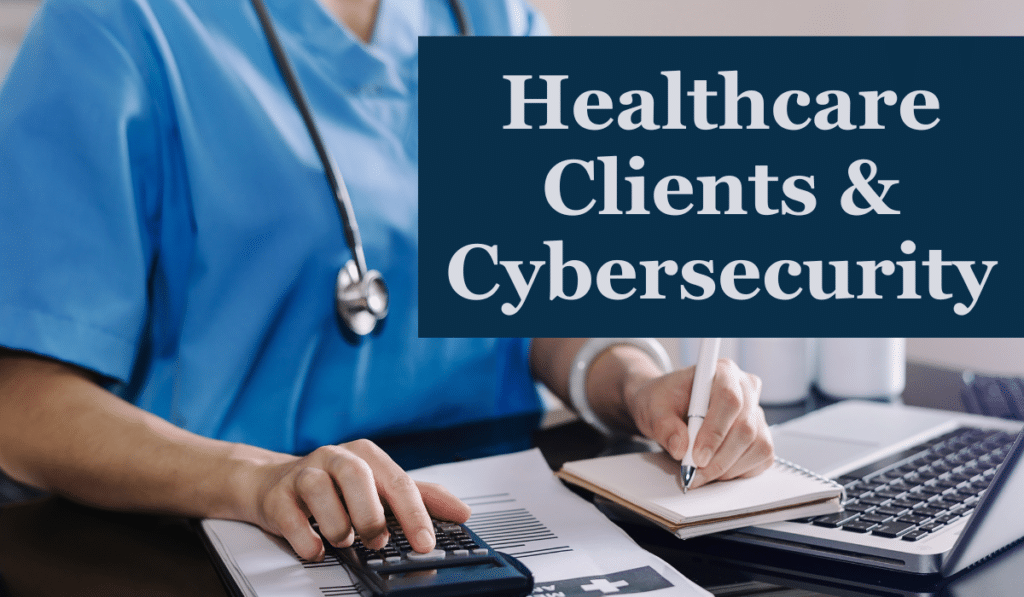Data breaches have become an all-too-common concern for businesses across every industry, and your healthcare clients are no exception. However, for these businesses that oversee patient data, the stakes are even higher. Healthcare organizations are entrusted with sensitive information, making them prime targets for cybercriminals. They must not only understand the magnitude of the threat but also take proactive measures to safeguard their healthcare clients’ data. MSPs must be aware of the potential risks of a data breach to their healthcare clients and emphasize to them how a proactive approach can help offset these threats.
The Threat to Healthcare Clients
- Patient Privacy Violations: Healthcare data breaches can lead to the exposure of patients’ personal and medical information. This can result in identity theft, financial fraud, and emotional distress for affected individuals. Furthermore, healthcare providers may face severe legal consequences and damage to their reputations.
- Financial Loss: Data breaches can be financially crippling for healthcare organizations. The cost of investigating and mitigating the breach, notifying affected individuals, and potential fines can add up to millions of dollars.
- Regulatory Compliance: The healthcare industry is highly regulated, with laws such as the Health Insurance Portability and Accountability Act (HIPAA) imposing strict data security requirements. A data breach can result in regulatory fines and penalties, and failure to comply with these regulations can lead to loss of contracts and trust.
- Reputation Damage: Trust is paramount in the healthcare sector. A data breach can erode trust between patients and healthcare providers, leading to patient churn and damage to the reputation of the healthcare organization.
A Proactive Approach: Training Your Human Workforce
While investing in advanced cybersecurity tools and technologies is crucial, it’s equally important to recognize that the human element plays a significant role in preventing data breaches. A proactive approach to training a workforce can help offset the threats to healthcare businesses:
- Cybersecurity Awareness Training: Regular cybersecurity training programs can educate employees about the latest threats, phishing scams, and best practices for protecting sensitive data. Make sure your client understands the importance of data security and their role in safeguarding it.
- HIPAA Compliance Training: If you serve healthcare clients, your employees should be aware of HIPAA regulations. Providing specialized training on HIPAA compliance ensures that the workforce understands the specific requirements for handling healthcare data securely.
- Incident Response Training: In the event of a data breach, a well-prepared workforce can make all the difference. Train your clients and employees to react swiftly and effectively, minimizing the impact of a breach.
- Phishing Simulations: Phishing attacks are a common entry point for data breaches. Phishing simulations can help employees recognize and resist phishing attempts, reducing the likelihood of a successful breach.
- Security Culture: Foster a culture of security within your clients’ organizations. Encourage their employees to report suspicious activity promptly and reward good cybersecurity practices. A vigilant workforce can be a powerful defense against data breaches.
While cybersecurity technology is essential, a well-trained human workforce is equally critical in preventing data breaches. By investing in cybersecurity programs, your clients can help offset the threats to their patients and maintain trust. Remember, in the battle against data breaches, prevention is better than waiting for a cure.
The post Healthcare Clients and Cybersecurity appeared first on Breach Secure Now!.





